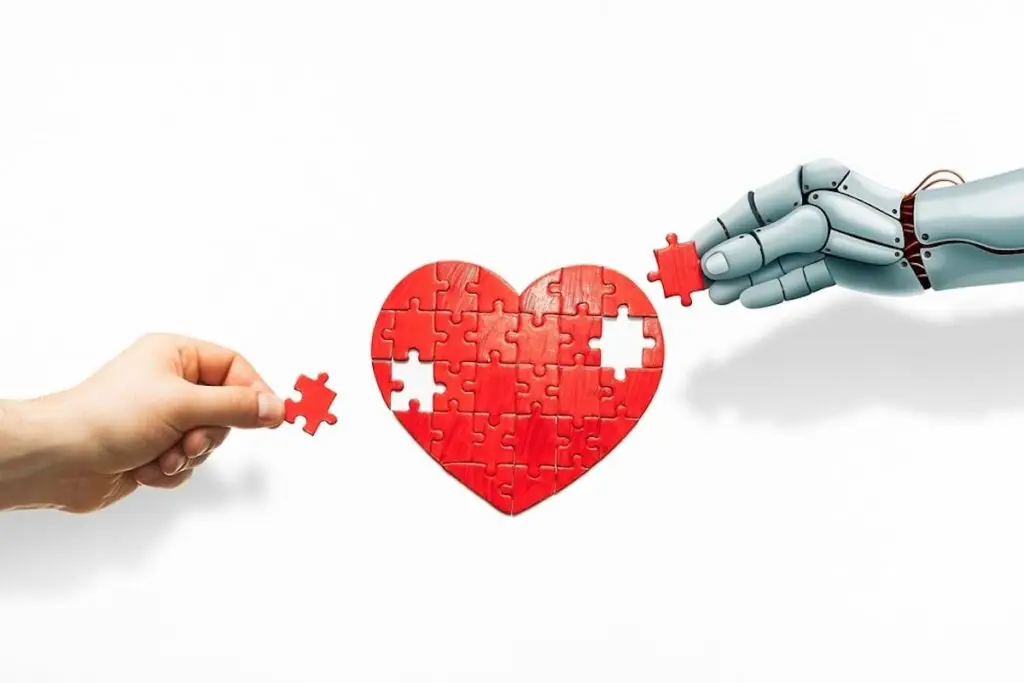Keeping Human Connection at the Center
Artificial intelligence (AI) is no longer a futuristic idea—it’s something many of us use every day without thinking. In the workplace, AI is now helping to schedule meetings, summarize conversations, draft follow-ups, and connect us to resources. When it’s used thoughtfully, AI can reduce busywork, improve access to support, and give employees more time for the human connections that matter most. When it’s used without care, however, it can lead to challenges like privacy concerns, misinformation, or the feeling that human connection is being replaced by a machine. So let’s explore the impact of AI and mental health in the workplace.
In today’s world, the question isn’t whether AI should be used in the workplace, but how it can be used to support mental health while keeping people at the center. Research shows that AI-driven tools can be effective at helping people practice coping skills, track their mood, or improve sleep hygiene. While these tools aren’t a substitute for therapy, AI-based tools can have a positive impact on mental health outcomes when used alongside professional human care. One of its biggest strengths is reducing friction and wait times; it can quickly route requests, find resources, and ensure connection to the right resource without unnecessary delays. For managers and HR teams, AI can take on administrative tasks such as drafting talking points, summarizing data, or compiling resources so leaders can focus on connecting personally with their teams.
But there are trade-offs. Research now suggests that relying too heavily on AI can weaken our ability to think critically. The convenience of allowing AI to complete tasks for us can lead to “cognitive offloading,” where we stop exercising the deeper reasoning and problem-solving skills we once used regularly. Over time, this shift from active thinker to passive user can stifle creativity and diminish independent decision-making—ultimately affecting workplace effectiveness and mental agility. Similarly, an MIT study found that frequent use of AI tools may reduce brain activity linked to memory, creativity, and problem-solving, contributing to what researchers call “metacognitive laziness.” In short, the more we hand over cognitive work to AI, the less we challenge our own minds which is something that organizations must weigh carefully when integrating these technologies.
AI and Mental Health Balance
When applied thoughtfully, AI can be a powerful ally—not a threat. Imagine an AI-powered resource finder that quickly connects employees to EAP services, crisis lines, or legal and financial assistance, while still making it simple to speak directly with a real person. The key is balance—using technology to strengthen human connection, not replace it.
At CMG Associates, we put people first. AI may help us streamline processes, but the heart of what we do is the real, human connection between someone who needs help and the professional who can provide it. If your business values authentic human connections supported by AI efficiencies, let’s talk about how we can explore that balance together.




